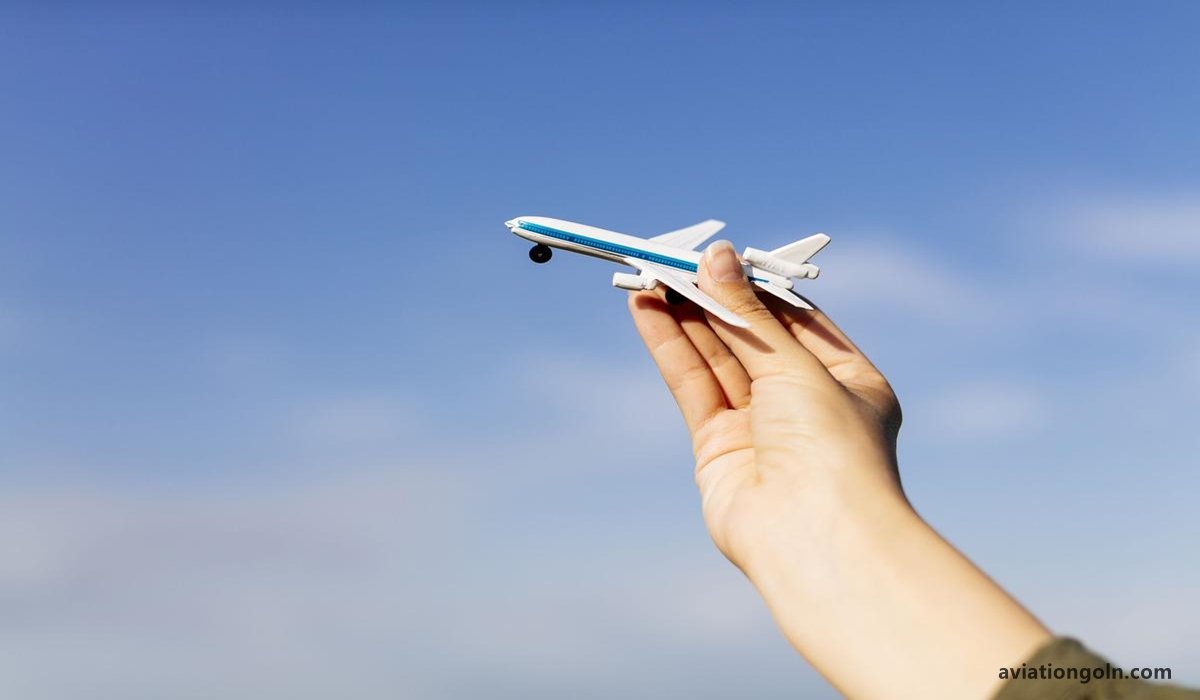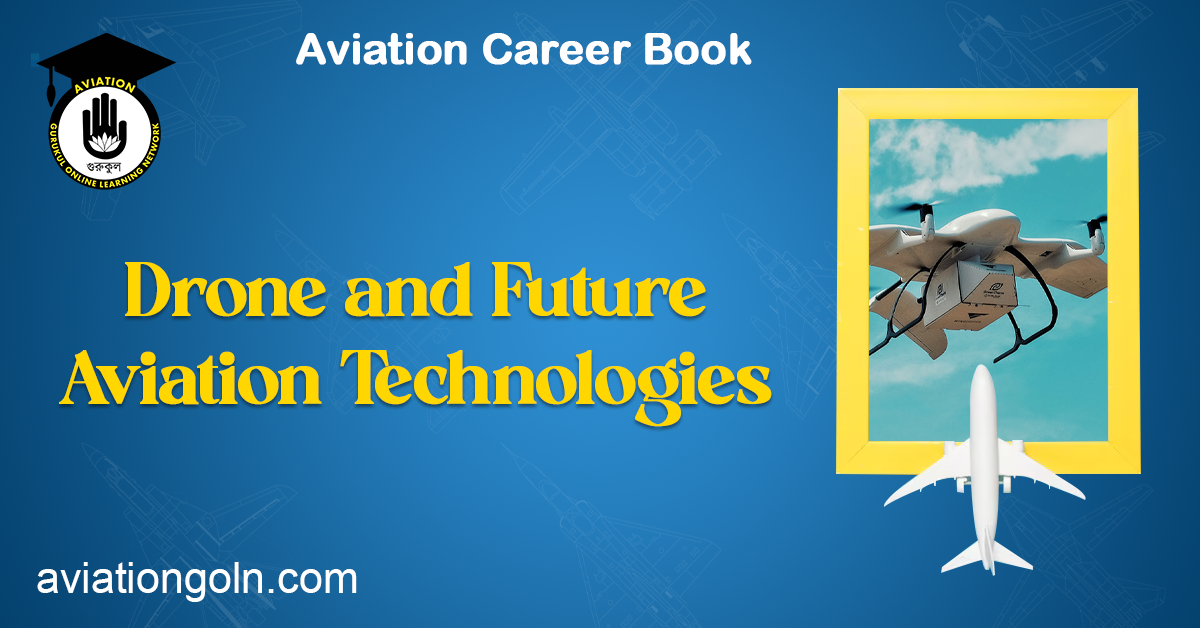Careers in Drone and Future Aviation Technologies: The burgeoning drone industry and advancements in future aviation technologies have sparked significant interest among professionals, hobbyists, and students alike. With drones becoming a common sight, from delivery services to agriculture, and with the aviation sector steadily introducing new technological wonders, a new era of careers has emerged. This article delves deep into these exciting career avenues and speculates on their evolution in the coming years.

Careers in Drone and Future Aviation Technologies
II. The Current Landscape of Drone Careers
Drones, or Unmanned Aerial Vehicles (UAVs), have moved beyond their initial military applications. Today, drones find utility in myriad sectors, creating a variety of job opportunities:
- Drone Pilot: Perhaps the most obvious career, drone pilots operate these machines for numerous applications – aerial photography, land surveying, wildlife tracking, and more.
- Aerial Photographer and Videographer: Ideal for those with a flair for creativity. These professionals capture breathtaking shots for film, television, real estate, and tourism.
- Drone Instructor: As the demand for drones rises, so does the need for experts to teach aspiring pilots.
- Drone Engineer and Developer: Behind every functional drone is an engineer. They design, develop, and fine-tune the hardware and software.
- Agricultural Drone Specialist: Drones in agriculture monitor crops, assess field conditions and even administer fertilizers or pesticides.

III. The Evolving World of Aviation Technologies
The aviation sector is perpetually in flux, with a raft of emerging technologies on the horizon:
- Electric and Hybrid Aircraft: Reducing the carbon footprint is a priority, and engineers and developers in this sphere are highly sought after.
- Urban Air Mobility (UAM): Think of flying taxis and personal air vehicles. Careers here span from design and engineering to traffic management.
- Augmented Reality (AR) and Virtual Reality (VR): These technologies will revolutionize pilot training, maintenance training, and passenger entertainment.

IV. Career Opportunities in Advanced Aviation Technologies
- Aircraft Design Engineer: As aircraft transition from traditional fuels to electric or hybrid systems, there’s a growing need for engineers who can integrate these systems seamlessly.
- Flight Simulator Developer: With AR and VR, flight simulation becomes more realistic, demanding a blend of aviation and software skills.
- Urban Air Traffic Controller: UAM will lead to a surge in low-altitude air traffic, necessitating a new breed of air traffic controllers.

- Maintenance Technicians for Advanced Aircraft: New technologies will require technicians with specialized training to maintain and repair.
- Researcher in Aviation Technologies: Academics and industry professionals will delve into research, seeking to enhance efficiency, safety, and sustainability.

V. Skills and Qualifications for Drone and Future Aviation Careers
- Certifications: For drone pilots in many countries, certification from recognized aviation authorities is mandatory.
- Technical Proficiency: Understanding the intricacies of drone mechanics, software, and operations is crucial.
- Software Skills: Familiarity with flight software, simulation programs, and other industry-specific tools can be beneficial.
- Research and Development Acumen: For those venturing into advanced aviation technologies, a solid foundation in R&D can set them apart.
- Soft Skills: Like any other profession, communication, teamwork, and problem-solving skills remain invaluable.

VI. The Future – What Lies Ahead?
- Integration with AI and IoT: The melding of drones with AI can lead to autonomous drones capable of complex operations. IoT, on the other hand, can enable better connectivity and control.
- Green Technologies in Aviation: The push for sustainable solutions might lead to entirely new categories of aircraft, emphasizing eco-friendliness.
- Drone Delivery Networks: Major companies are already piloting drone delivery. The future might see a complex network, requiring a multitude of professionals to manage and maintain.
- Safety and Regulation Experts: As the skies become busier, there’ll be a surge in demand for professionals who can ensure safety standards and navigate complex regulations.

VII. Conclusion
The realms of drones and future aviation technologies present a kaleidoscope of opportunities. While the allure of being at the forefront of technological advancements is undeniable, it is essential for aspiring professionals to continuously upskill and adapt.
The sky, as they say, is not the limit; it’s just the beginning. Whether it’s the hum of a drone capturing cinematic vistas or the whisper of an electric aircraft soaring overhead, these technologies herald a new era. For those with passion, curiosity, and the right skills, a myriad of exciting career opportunities await in the boundless expanse of tomorrow’s skies.
